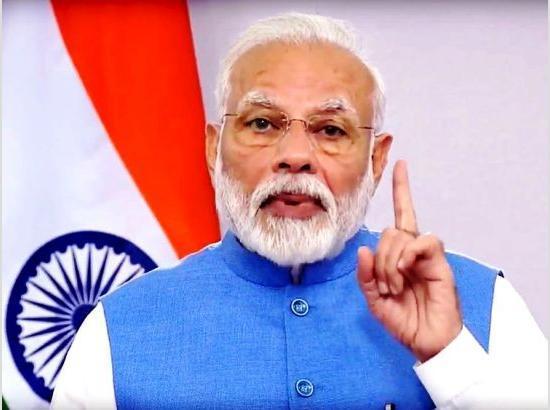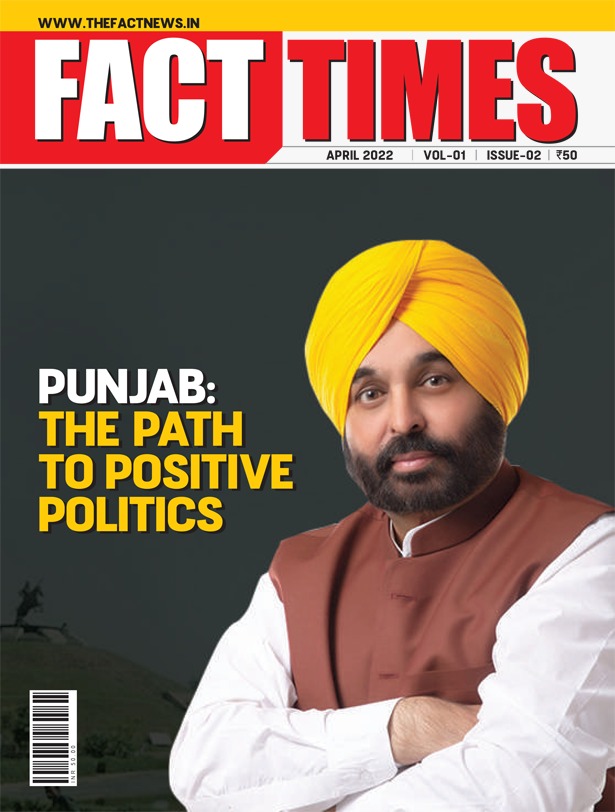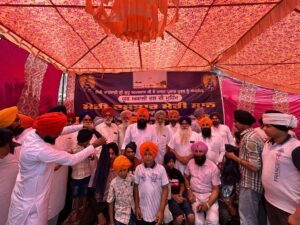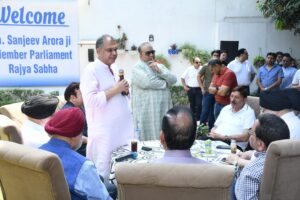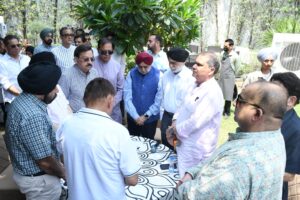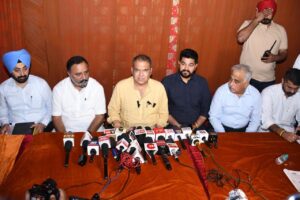From the Editor’s Desk
The 2024 Lok Sabha elections are over, Narendra Modi-led NDA is in power, more powerful than all coalitions of the past yet it could not muster the majority. What led to what the opposition would like to call a debacle of sorts though PM Modi said that BJP alone has got 240 seats which is more than the number of seats Congress got in the last three elections, 2014, 2019, and 2024. The Fact News carried out the post-mortem of these elections.
Downcast in UP
In the recent elections, a significant shift in the Scheduled Caste (SC) votes from the Bahujan Samaj Party (BSP) to the Samajwadi Party (SP) has been observed. In Purvanchal, or eastern Uttar Pradesh, the BJP and its allies saw a decline, winning only 10 out of 27 seats, compared to 20 in the previous election. The SP’s gains in Ambedkar Nagar, Sant Kabir Nagar, Jaunpur, Lalganj, Baliya, and Chandauli can be attributed to this shift in SC votes.
The non-Yadav OBC votes were also split, with substantial portions of the Kurmi, Kushwaha, Nishad, and Rajbhar communities’ votes moving to SP candidates. Despite the BJP’s alliances with Sanjay Nishad and OP Rajbhar, these communities preferred local SP candidates of the same caste. This was the first instance since 2014 that non-Yadav OBC votes diverted from the BJP, owing to the SP’s effective social engineering.
Another factor contributing to the BJP’s decline was the lack of unity among the Upper Castes compared to 2019. Fewer Brahmins voted for the BJP in seats like Basti, Sant Kabir Nagar, and Baliya. In Domariyaganj, 80% of Brahmins supported the SP. In western UP, the BJP’s losses in Muzaffarnagar and Kairana were due to lower voter turnout among Thakur voters.
Anti-incumbency sentiment against sitting MPs further influenced the voting pattern across Uttar Pradesh. In Ayodhya, the non-availability of the local MP contributed to the shift of SC votes to the SP. Resentment over the Agniveer scheme also prevented the consolidation of youth votes towards the BJP.
The BJP hoped that its welfare schemes and “Nation First” narrative would counteract this anti-incumbency. However, local factors played a more decisive role in the voting outcome, marking a notable shift from the past decade.
The shift in SC votes to the SP was not driven by the opposition’s “Samvidhan Khatre Main Hai (Constitution is in danger)” campaign but by a combination of anti-incumbency against sitting MPs and the SP’s strategic candidate selection, including 27 OBC, 15 SC, and 11 Upper Caste candidates.
West Bengal: Voter Sentiment and Party Dynamics
In West Bengal, the BJP’s 40% vote share in the 2019 Lok Sabha elections reflected anti-Mamata Banerjee sentiment, spurred by the 2018 Panchayat poll violence. However, the BJP’s vote share dropped to 38% in the 2021 assembly elections and remained there in the 2024 Lok Sabha elections. Mamata Banerjee maintained a 45% vote share, leveraging the ‘Lokkhi Bhandar’ scheme to garner 58% of women’s votes.
Of the 12 seats won by the BJP in Bengal, 10 had margins of less than one lakh votes. The CPM garnered significant votes in 10 seats, indicating dissatisfaction with the BJP’s candidate selection. Despite perceptions of corruption in the state government, the BJP’s failure to present viable candidates left many voters undecided. In Hooghly, anti-incumbency was evident, yet the BJP repeated its candidate due to a lack of alternatives. Similar issues arose in Barrackpore and other constituencies, where candidate swapping led to resentment. This inability to capitalize on anti-incumbency and pro-Narendra Modi sentiment resulted in the BJP’s setbacks.
Mamata Banerjee’s comprehensive approach, effectively managing machinery, administration, and media, helped her counteract anti-incumbency and secure her position.
Haryana and Rajasthan: Caste Dynamics and Electoral Outcomes
In both Haryana and Rajasthan, the BJP faced challenges due to strong Jat voter consolidation and weakened counter-caste consolidation. In Rajasthan, the BJP lost significant Jat support in Nagor, Sikar, Jhunjunu, Churu, and Barmer. Rajput anger over Purshottam Rupala’s statement further alienated this community. The ‘Meena’ community in Tonk-Sawai Madhopur and Dausa shifted towards the Congress due to unfulfilled promises by the BJP. In Bharatpur and Karauli-Dholpur, BJP loyalists drifted towards the Congress, prioritizing caste considerations over the “Modi factor.”
In Haryana, constituencies like Sonipat and Rohtak saw increased Jat and rural votes for the Congress compared to 2019. In Sirsa, candidate selection led to a consolidation of SC votes for the Congress. Anti-incumbency was evident, with voters feeling neglected by the BJP, despite their support for PM Modi.
These factors reduced the BJP’s vote share from 58.02% to 46.11% in both Rajasthan and Haryana.
Maharashtra: Local Factors Influence Outcomes
In Maharashtra, the BJP’s vote share remained relatively stable, at 26.18% in 2024, similar to previous elections. The Congress also maintained a similar vote share but increased its seat count from one to 13. The losses in Maharashtra were primarily due to internal BJP factors rather than external ones. The BJP’s alliance with the NCP (Ajit Pawar) and Shinde Sena led to passive voter involvement, especially in Mumbai and Vidarbha. Localized issues, including candidate selection, played a dominant role in the election outcome.
National Overview: Vote Share and Election Dynamics
Nationally, the BJP maintained a steady vote share similar to 2019, outperforming the Congress in southern India and maintaining a 55% strike rate in direct contests. However, the BJP was outmaneuvered in candidate selection by the opposition in key states like Uttar Pradesh, contributing to its drop from 303 seats in 2019 to 240 seats in 2024.
This election was not purely an anti-incumbency vote. No other party or coalition has been re-elected for a third consecutive term with as many seats as the Modi-led NDA. Voters expressed their dissent against local candidates while continuing to support PM Modi.



